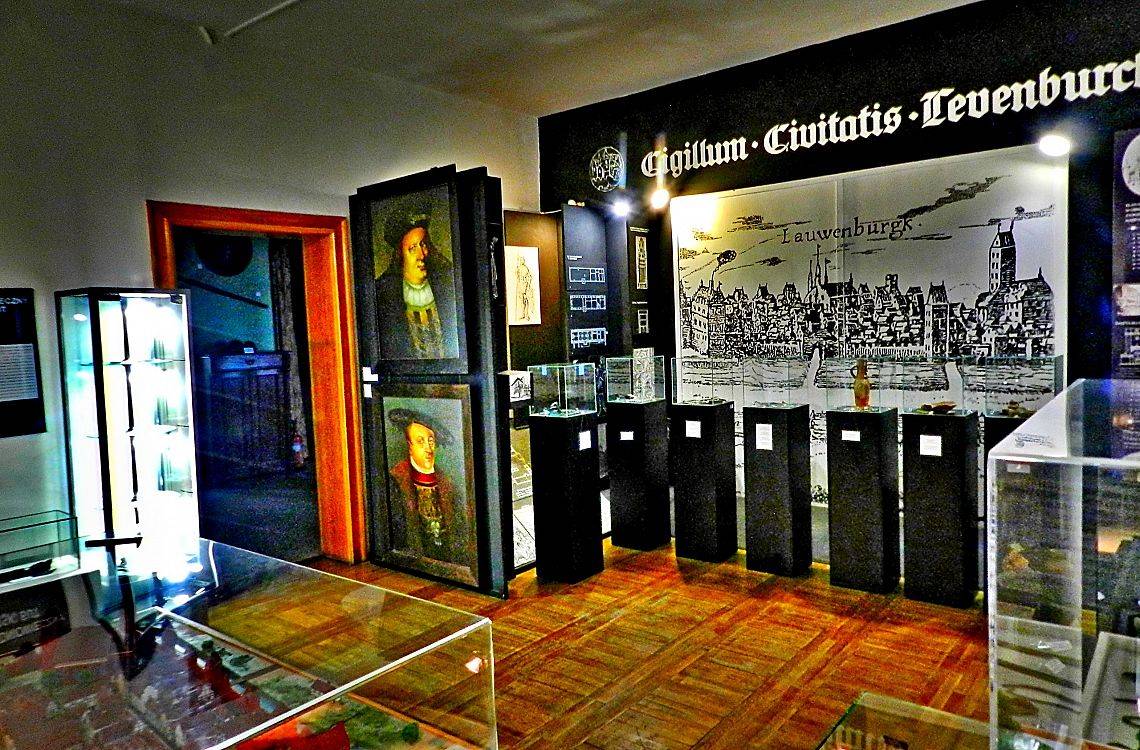The Middle Ages
Lębork was established in 1341, when the Grand Master of the Teutonic Order Dietrich von Altenburg presented the founding act of the city of Lewinburg to Rutscher von Emmerich. The new city was the second, after Gdańsk, urban center in the Gdańsk commandry, though it was a small town not exceeding 1000 inhabitants. Until 1410, it was not involved in the political life of the country. After the defeat of Grunwald, the opposition grew stronger in the Teutonic state and this led to the establishment of a state confederation in 1440 called the Prussian Union, which Lębork soon joined. In 1454, there was an armed uprising against Teutonic rule, as a result of which the Lębork Land came under the rule of the Duke of Słupsk, Eric II. Poland retained the supreme right to the Land, and it was to return to Poland uopn the death of Eric II. However, this did not happen, not after his death nor the death of his successor, Bogusław X, as expansion to the East was a greater priority for Poland. Various groups of craftsmen were active in Lębork at that time, i.e. bakers, butchers, shoemakers, clothiers, tanners, brewers and stallholders. The town was visited by merchants who sold their goods on the market or during fairs held in the town from the first half of the 15th century.
